The year I realized I didn't want to be a man, I was living in a fraternity house.
The four years I spent doing my undergraduate degree were a formative time in my life. I started school as a 17-year-old closeted bisexual virgin who spent way too much time on Tumblr and wanted to make more friends I could actually see in real life. I graduated as a hot nonbinary communist. Life hits you pretty fast!
At the time, the choice to join a fraternity didn't feel so ridiculous as it does now. It was a Jewish fraternity, and I was interested in connecting with other Jewish people. I had a lot of male friends going in, needed an easier commute, and wanted to tie myself to campus in some meaningful way. And most importantly, I needed a place to drink. And after all, isn't the whole fraternity thing just a little bit sexy? They'd promised that this was a hazing-free fraternity, but I was intrigued by what kind of male bonding was in store for me. Having made it all the way through Jewish sleepaway camp without a single homoerotic experience, I had high hopes for what felt like the next chapter of the same weird story.
For a while, it was fun. There were perks. I always had a place to pre-drink on Saturday night and people to see there. I was able to supply my fellow underage friends with beer from an actual keg refrigerator (an extremely real and ridiculous piece of kitchen equipment that over time became non-operational and home to a burgeoning fruit fly infestation). Gay dudes I was hooking up with were weirdly into the idea of being invited to frat parties -- or, at least the ones with bad politics were. I allowed myself to become a caricature of a queer party boy, one of the "cool girls" who can hang with the guys, woke but still chill. I could talk to my friends' girlfriends about sex. I could break the ice at parties by complimenting everyone on their makeup. I didn't have to try hard to be thought of as "fabulous," and I could always rely on my brothers to make me one of the best dressed in the room.
No one asked me to play these roles, but I took them on. I was trying to be fun. Then things took a turn. When I stopped dating women and could no longer pass as straight, I found myself uninvited from events. I also didn't want to invite female friends over, because I didn't like the way my brothers looked them up and down before asking their names. People complained about bad dates with girls who wouldn't "put out," or laughed about being too drunk to remember taking girls home. I couldn't relate to these men. They were recklessly critical of women's appearances, brazen with their racial preferences, and completely unable to understand why I kept ruining the fun by quoting Everyday Feminism articles.
The more I got to know those men, the less comfortable I became. The way they talked to their girlfriends, the way they talked about women in their classes and at bars, the casual way they saw alcohol as a way into someone's pants -- all of these pointed to a predatory mentality that I couldn't keep myself around.
I'm not trying to say that all of my brothers were terrible people, at least not intentionally so. I had a few allies in that group -- guys I knew for a long time and who were similarly critical of the fraternity's more bro-ish tendencies. But many of them fundamentally lacked the kind of courtesies and perspectives you pick up from simply having diverse friend groups. Men (especially the white ones), if left uninterrupted, are creatures of momentum. When I was in high school, I had a non-Jewish classmate who used to make Holocaust jokes, and every time he did it I punched him in the arm. After three weeks of punching, he stopped and apologized. Men aren't stupid, they just don't know what it's like to face consequences for bad behavior.
And on a deeper level, I couldn't find depth in these relationships. Men treat each other with such harsh impersonality. All gestures of kindness felt generic or ironic. Touch was minimal, affection was aggressive. The women in my life were quick to announce their loves and desires, their needs and wants, their goals and hopes; in contrast, my interactions with rooms of men felt empty and unexamined. There was an unwillingness to be vulnerable that left me feeling bristly and over-exposed in their company.
What I found was this: Fraternities are sort of microcosms of the way patriarchy works more broadly. They are spaces where men make the rules and rely on one another to enforce them. Straightness is assumed, cis-ness is celebrated, and whiteness is the norm. These divisions were visible in every aspect of the fraternity. Men had free rein to be loud, aggressive, rude, manipulative, even dangerous, and it was all acceptable. Meanwhile, genuine vulnerability and softness was discouraged. Predatory behavior was regularized as a way to stave off the appearance of femininity or sensitivity, and folded into the moral logic of "boys will be boys." Most fraternities have a sort of code of honour, an ethical credo that governs how its members are meant to act. It's the basis of their high-minded rhetoric, the idea that fraternities help produce good young men. But when you put those values to the test, they began to falter.
In this system, men are seen as the standard. Femininity, in contrast, is seen almost as an annoyance, an object, or a curse. If this was what moral manhood was supposed to entail, I couldn't stomach it. If men supposedly wiser and more upright than me had no knowledge of consent and no interest in comprehending it, what did that say about the kind of young men we were growing into? I didn't want any part of it. Becoming close in this way with so many men exposed me to some of the worse facets of maleness. By the time I graduated, I couldn't relate to any of them anymore. We weren't even the same people.
Living with a high concentration of heterosexual men was enough to turn me off of masculinity. But saying "I don't want to be a man" is one thing; saying "I am nonbinary," or "I want to be a woman" is another. The shift from the former admission to the latter didn't come overnight. It came from observing men and masculinity with fresh intensity and learned uneasiness. Any person can reasonably look at the world and say, "we live in a society that functions on male power." For me, coming face to face with that male power in the form of its consequences on others, especially women, demanded a more serious renegotiation.
I started seeing traces of my fraternity brothers everywhere. In my professors, my family, at synagogue, on the subway, in politics, at my job. Men would barge into spaces, and women would adjust. Watching those adjustments -- the way women walk quickly or in groups when men approach, the practiced de-escalation, the buddy systems, the measured tones and extra labor, the way women are made to work harder by the men around them -- was exhausting.
I felt myself making those adjustments, too. I felt myself noticing the ways I took up space and the ways I shared it with women and nonbinary people. I felt myself taking note of how my body fit into the world around me, and of how right it felt to put myself in women's shoes and to stand apart from men, to depart as much as I could from the harsh discomfort of living only in a man's world. When the time finally came to start transitioning, embodying that difference felt like the most natural thing in the world.
Young adulthood is strange time. The connections we make here are strangely durable, yet easily changed. We have the appearance of so much freedom, but very little access to community, opportunity, or resources. We're meant to make decisions that shape our lives, without any real experience to base them on. I graduated just before the height of campus "free speech" scandals -- my gender never came up in class, and my pronouns were never made the subject of national debate. In the time since graduating, I've had the chance to watch how transgender and nonbinary students have organized and defended themselves. And to an outside observer, it can truly feel ridiculous, almost trivial. But I'm proud of the choices I made in becoming who I am. And I'm proud that others are making those choices as well. Masculinity can feel like a prison, but it does not need to be a life sentence. We have choices. We can make adjustments.




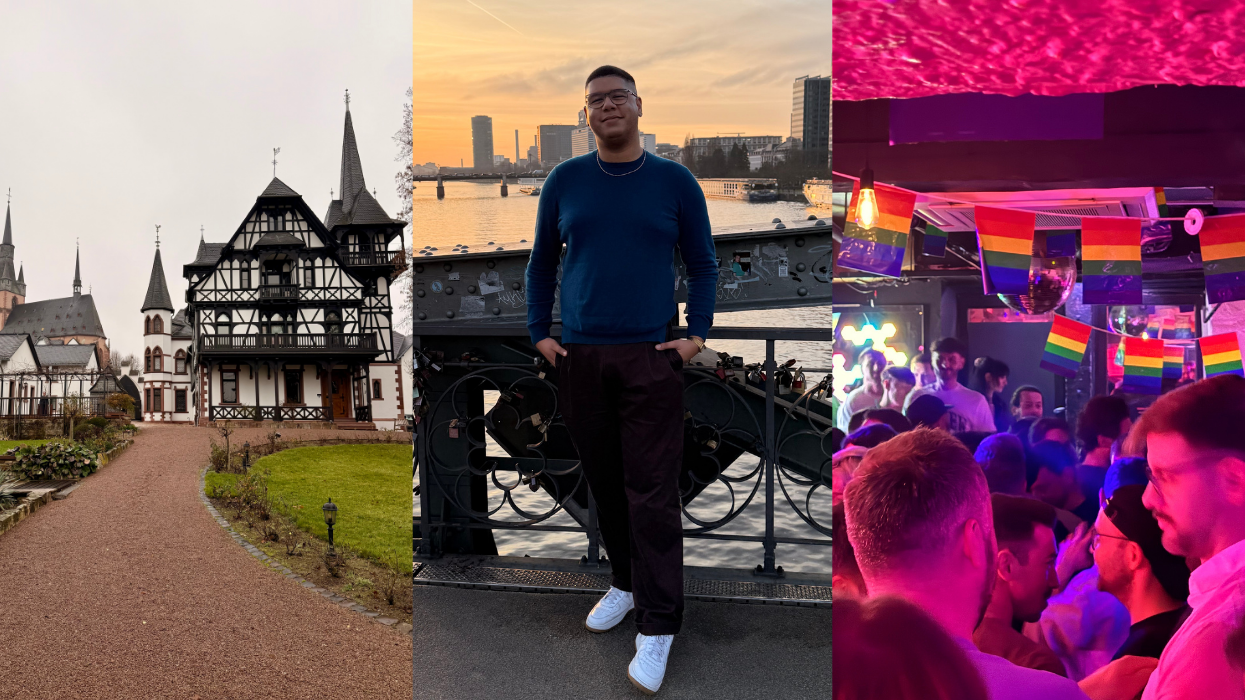
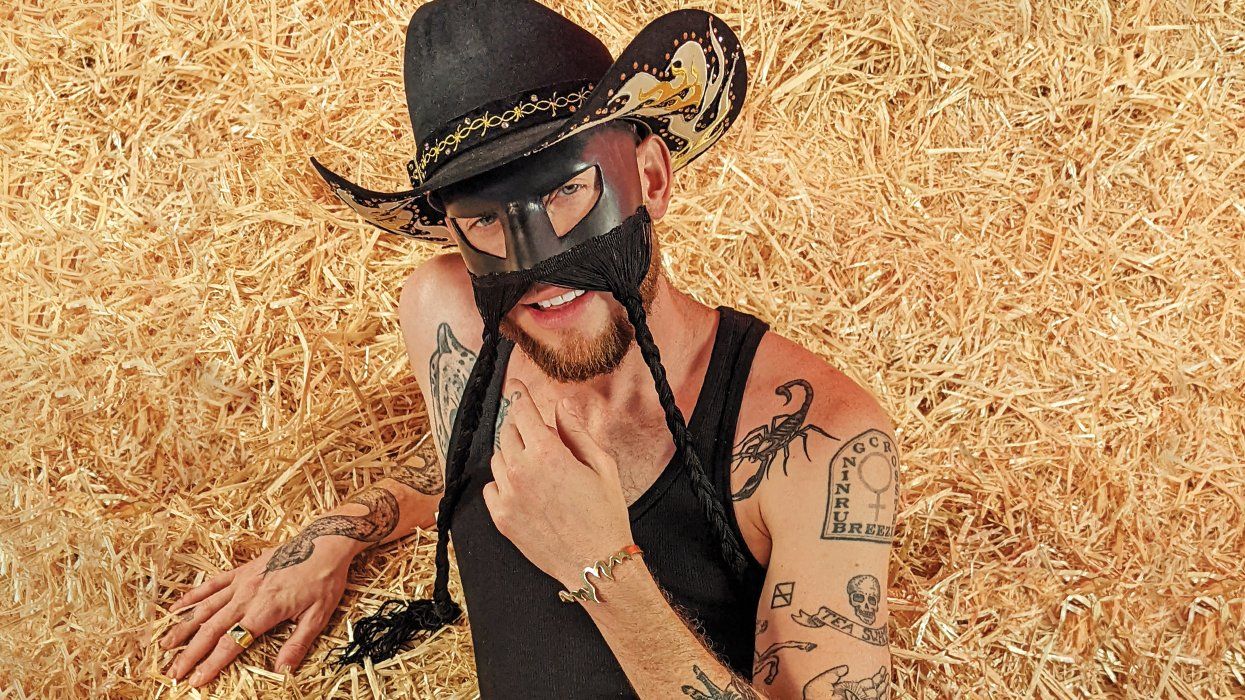


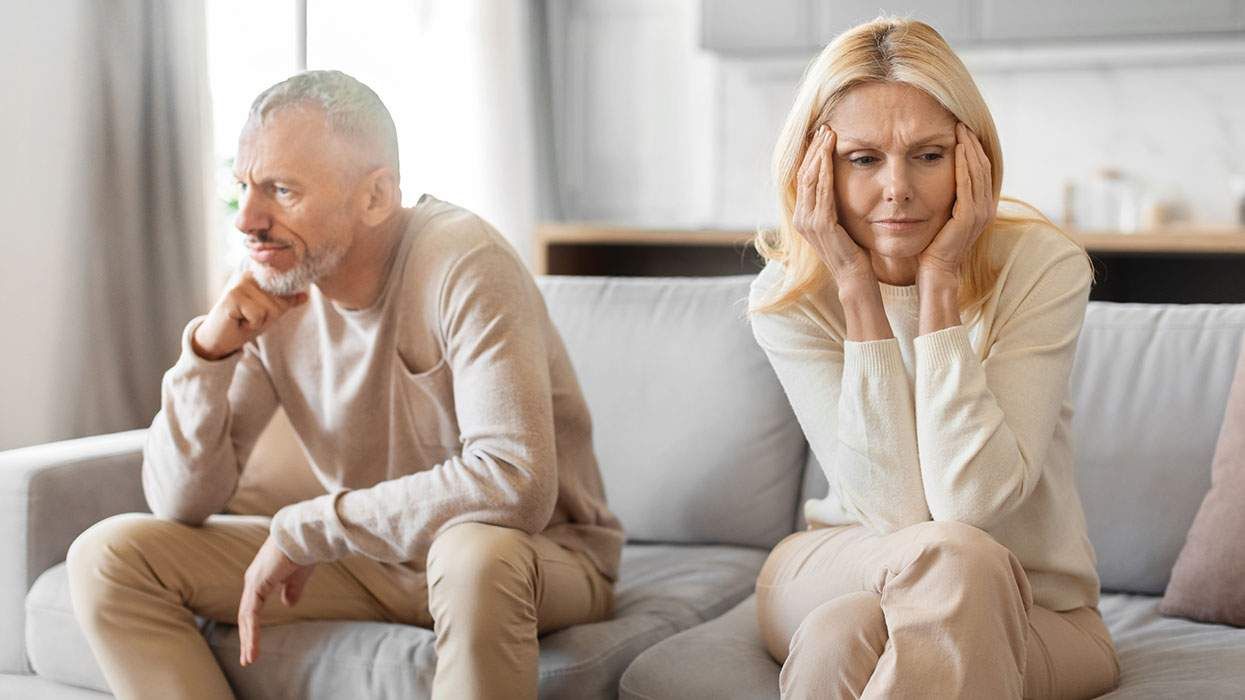
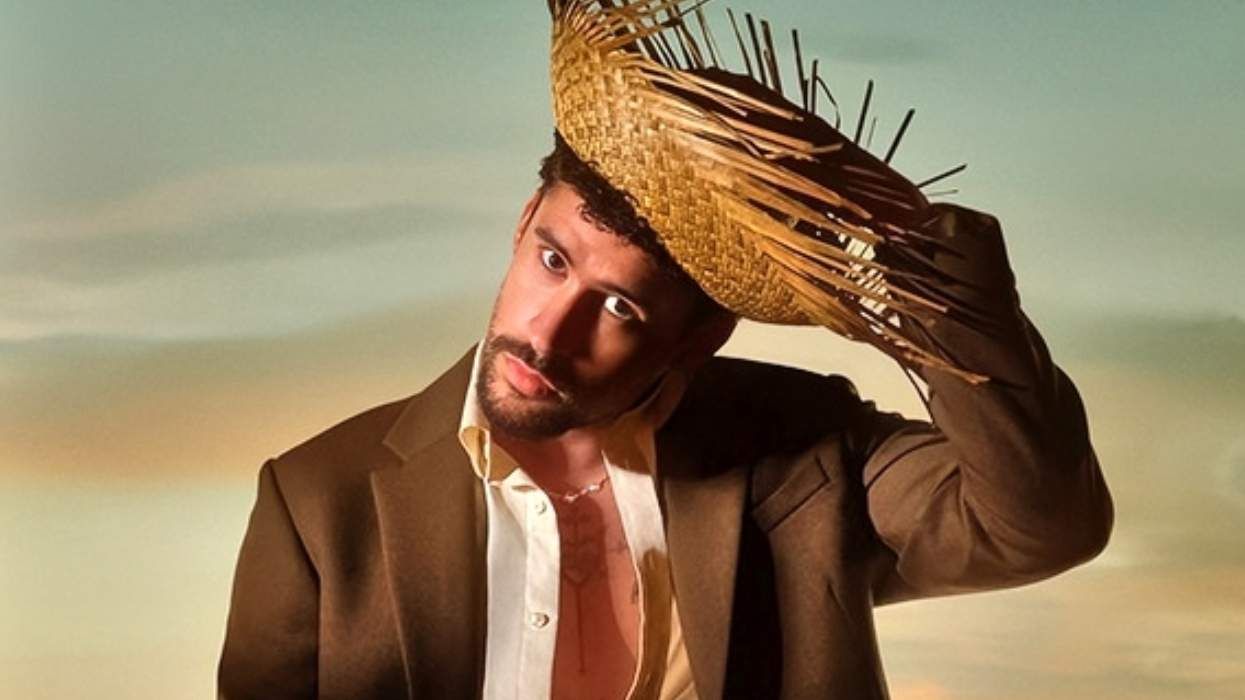
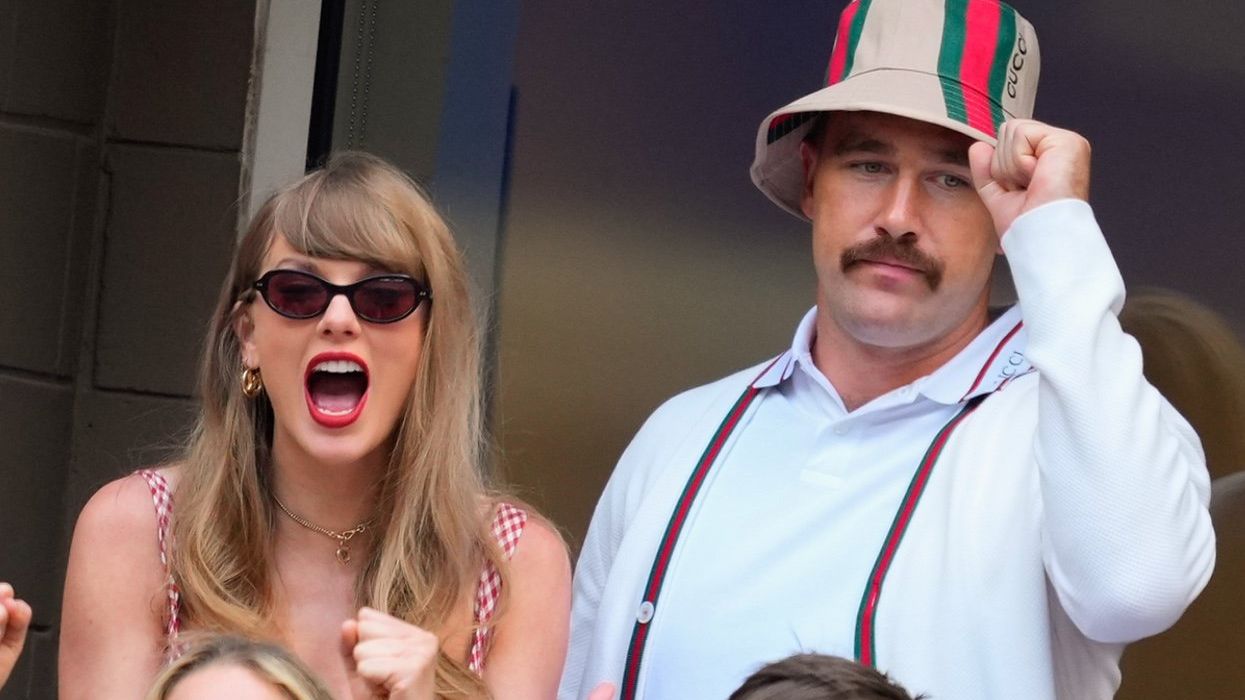
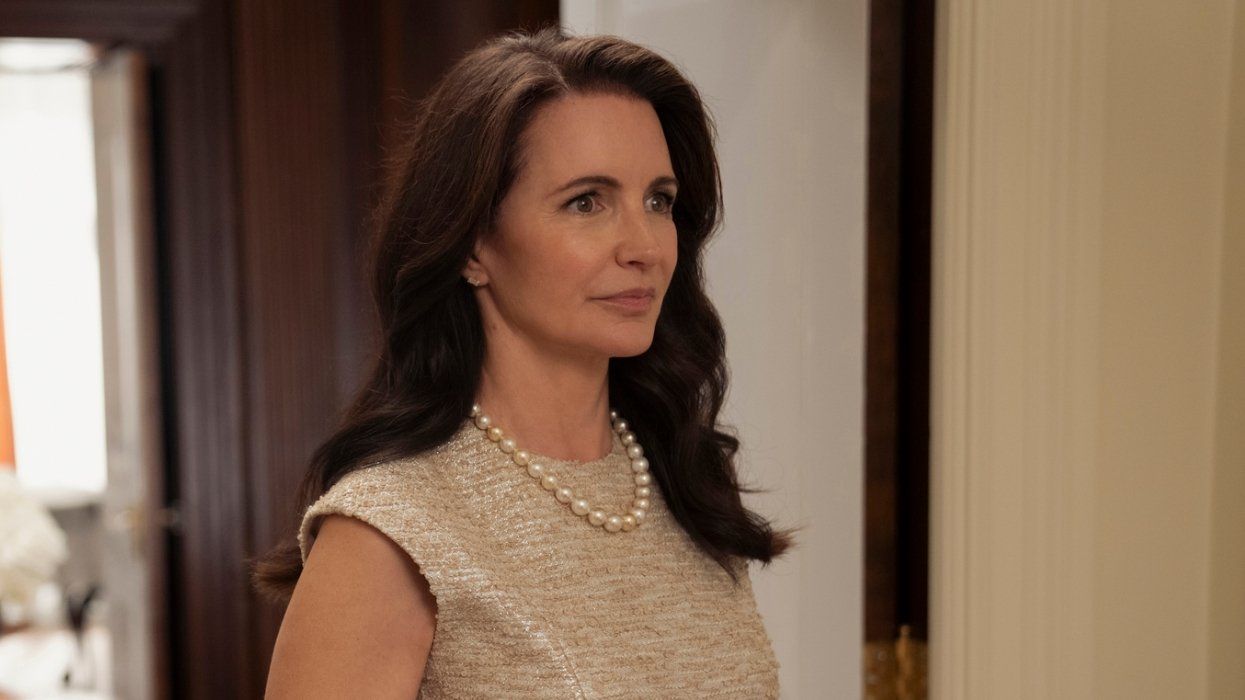



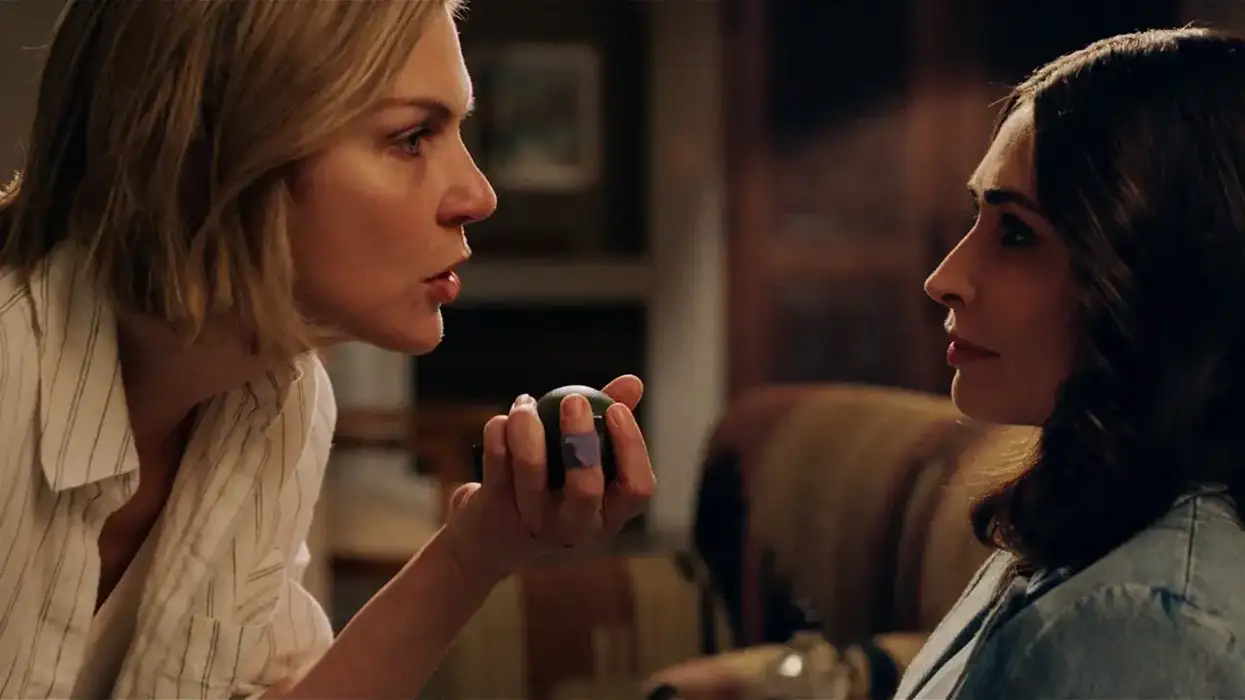

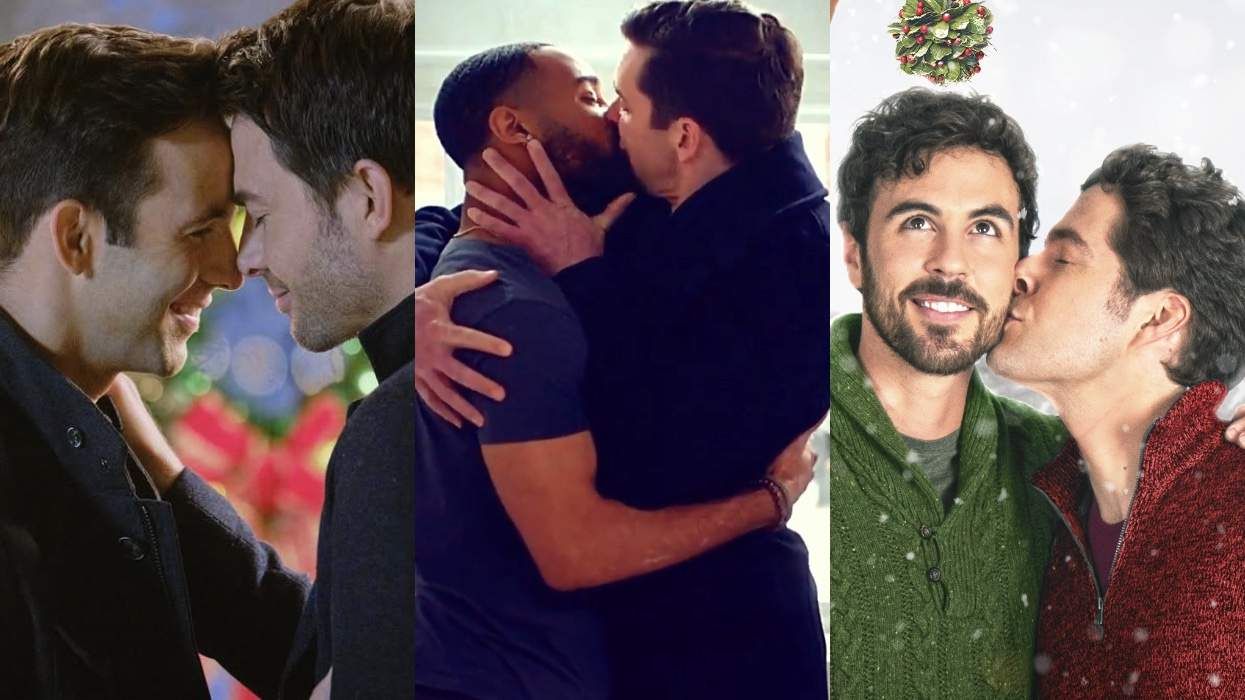
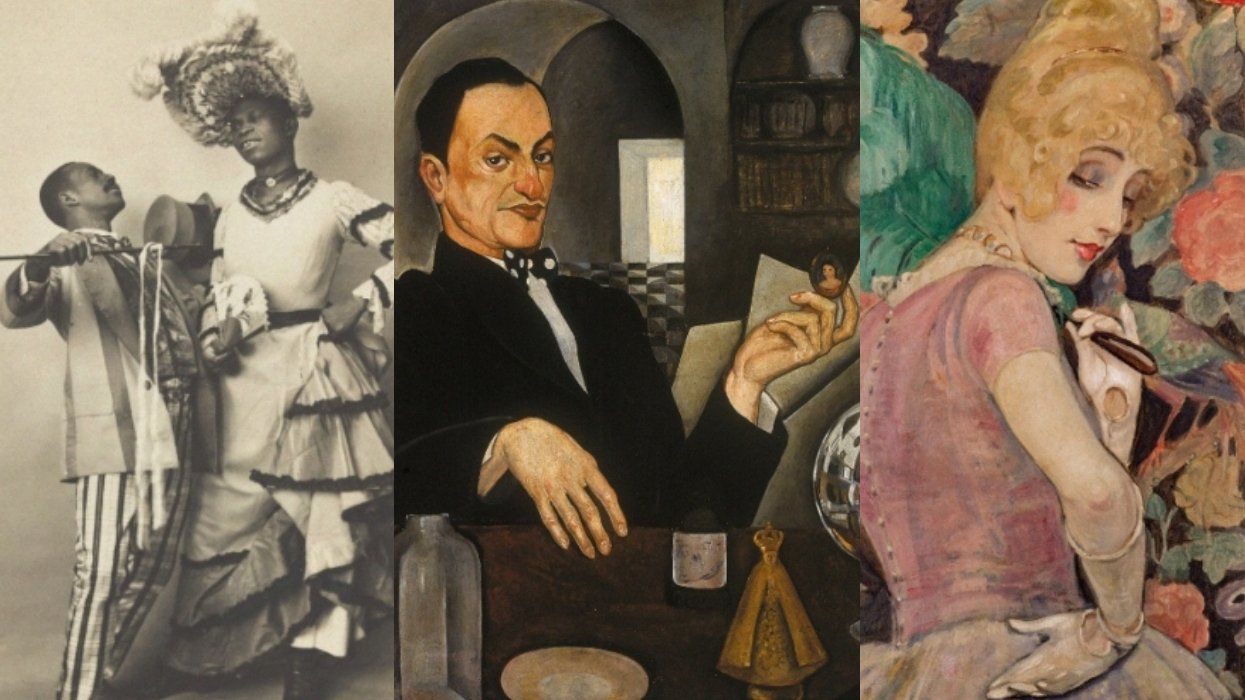


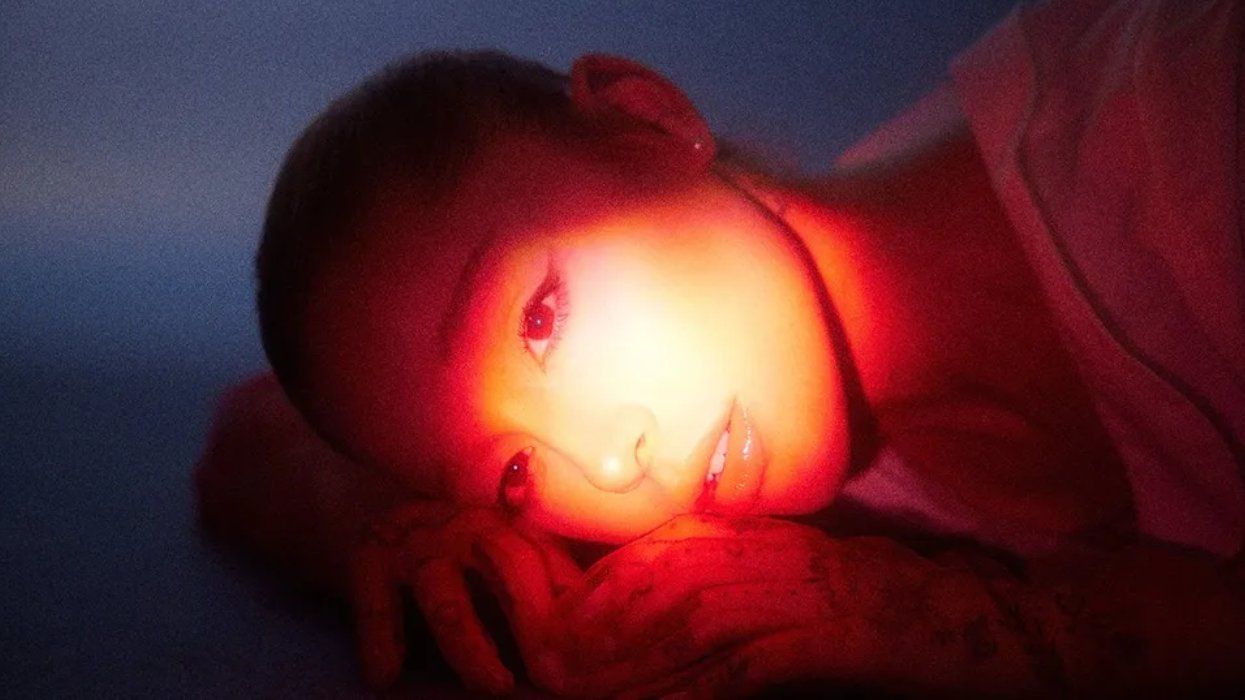

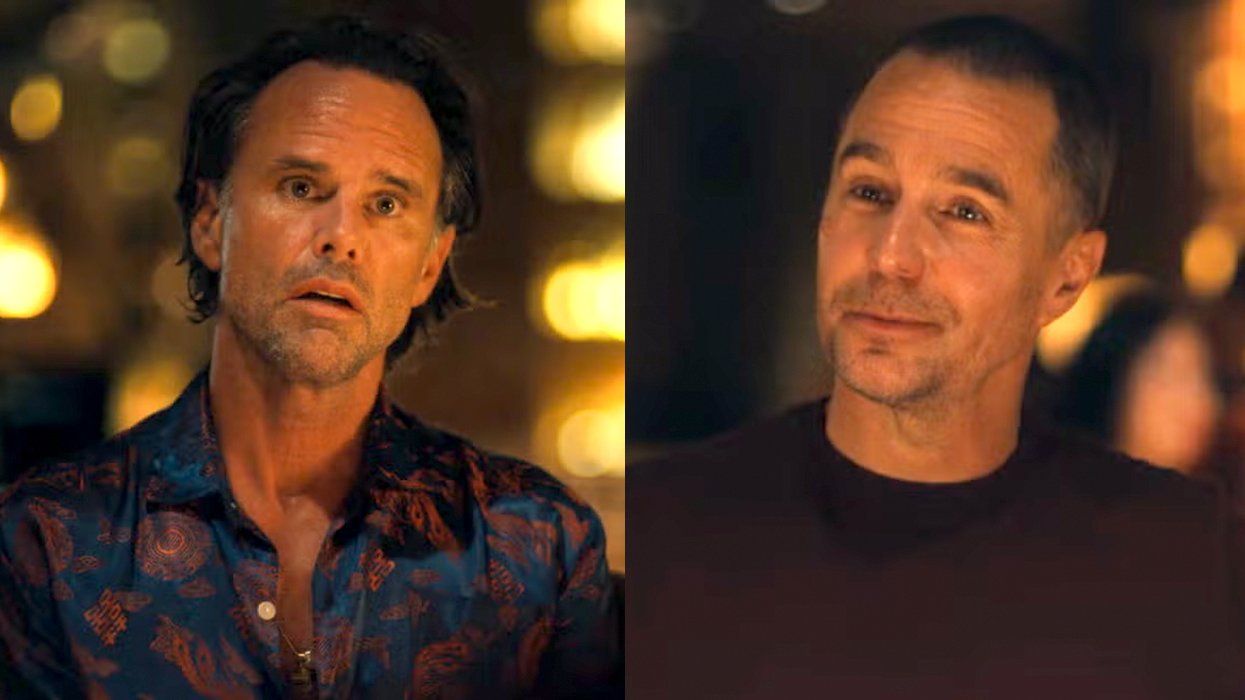

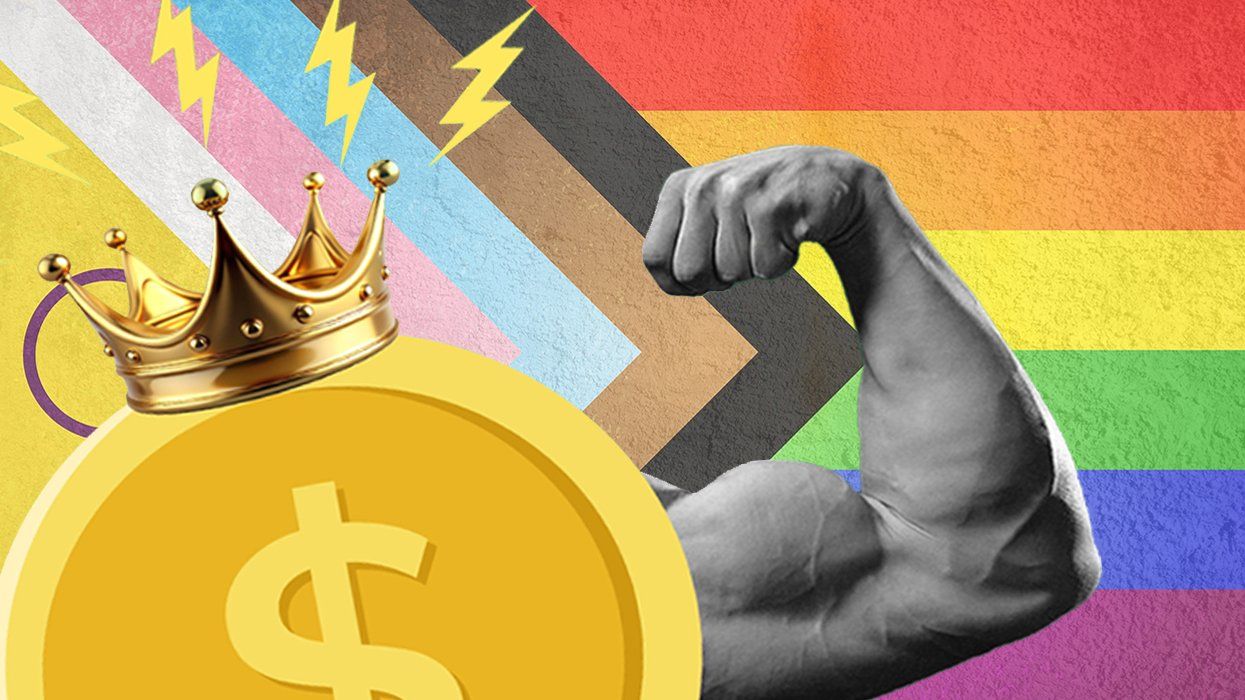
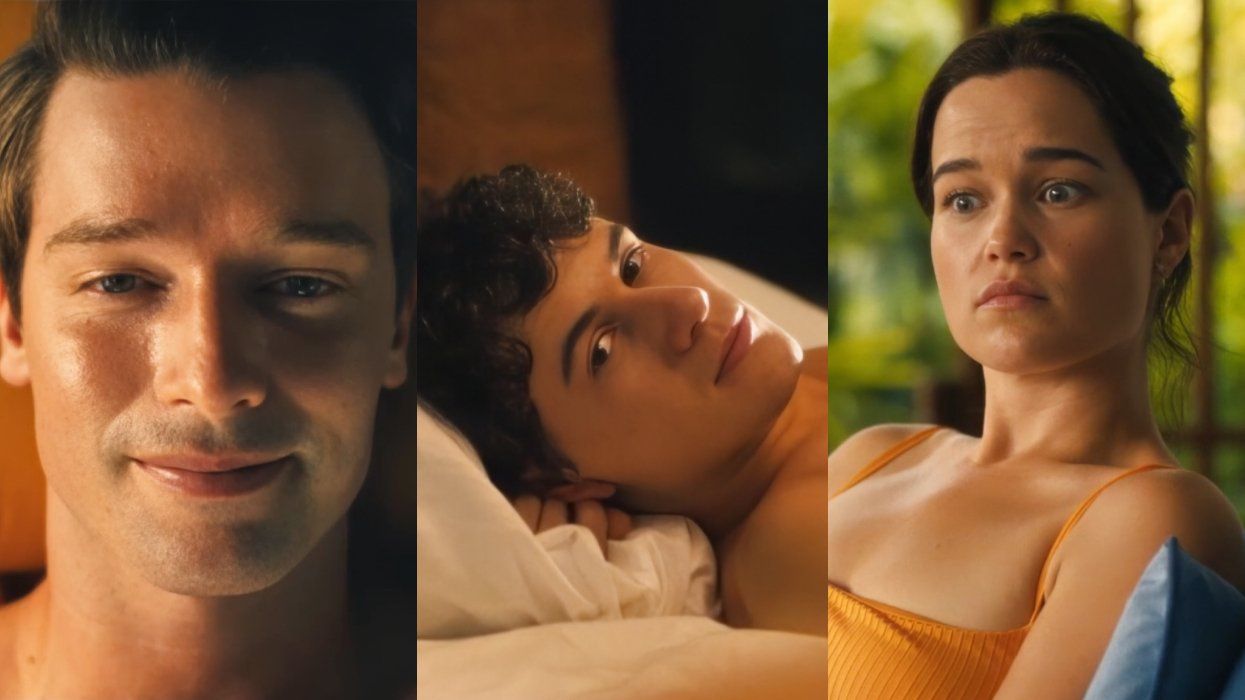

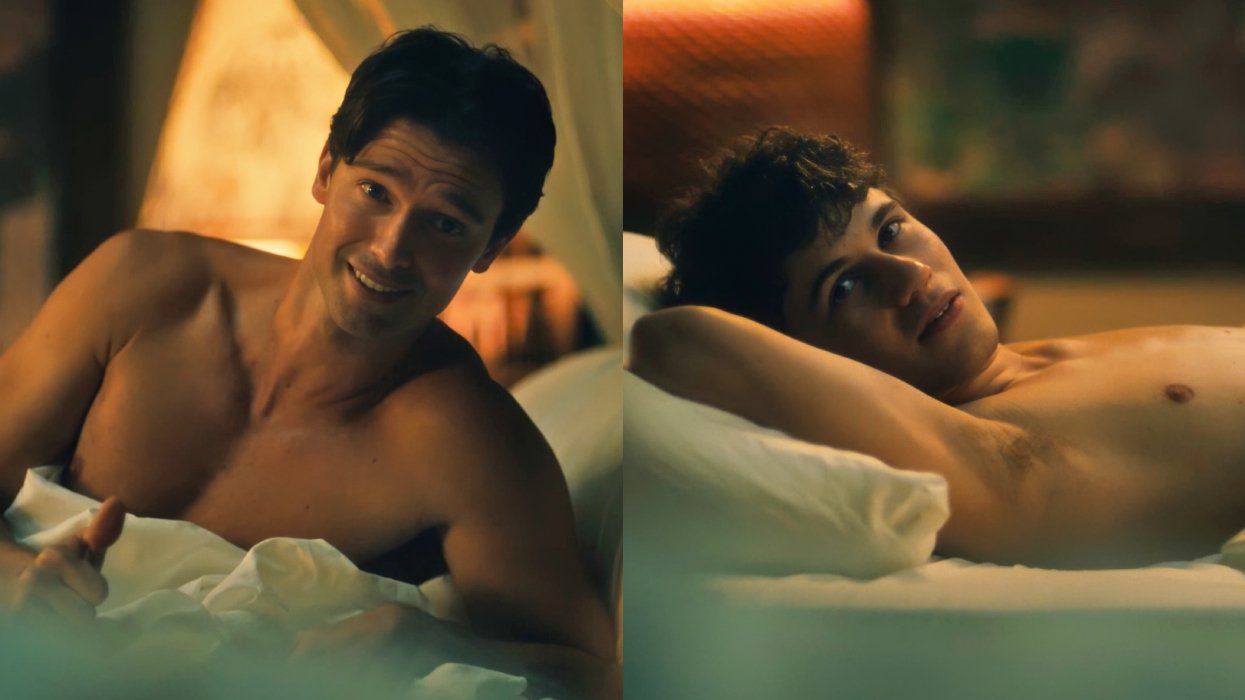

Living In a Frat House Helped Me Realize I Didn’t Want to Be a Man
How one nonbinary writer’s journey through the Greek system helped them reconcile their hang ups with masculinity.